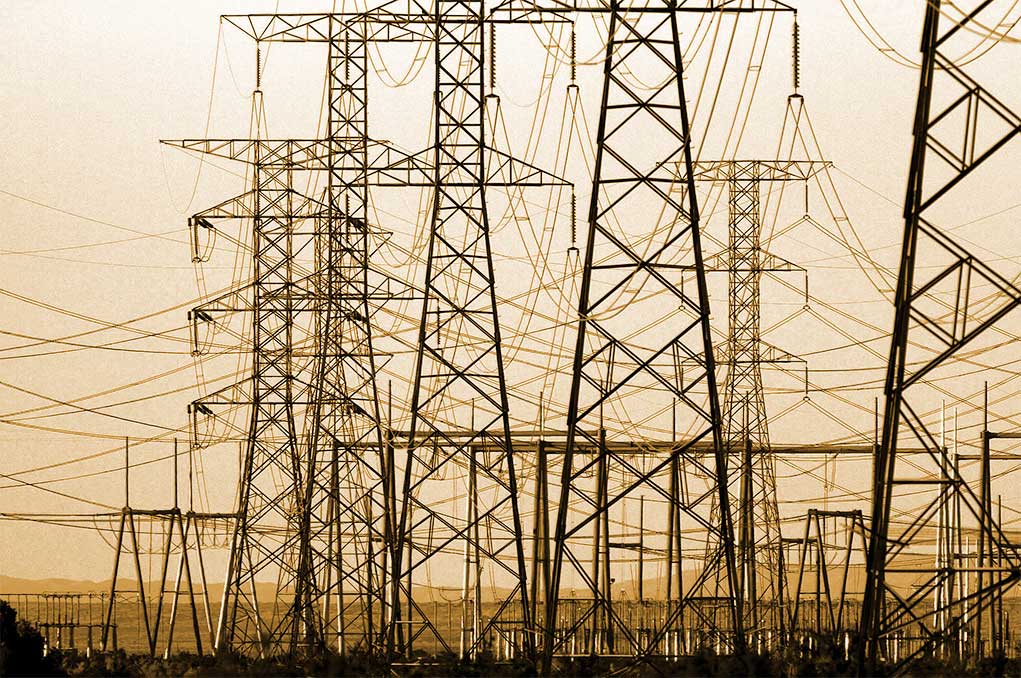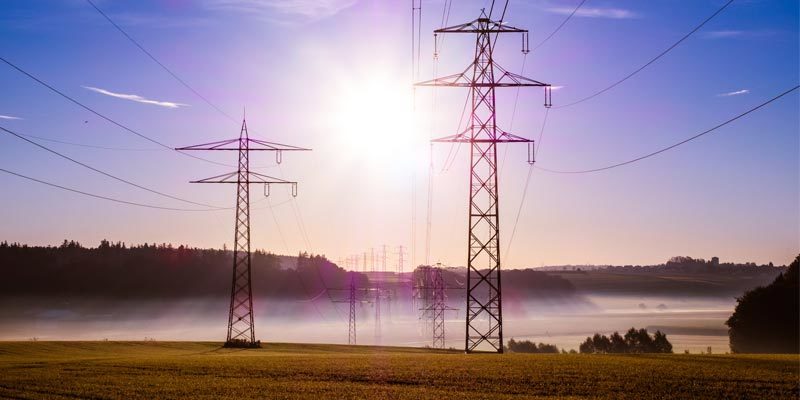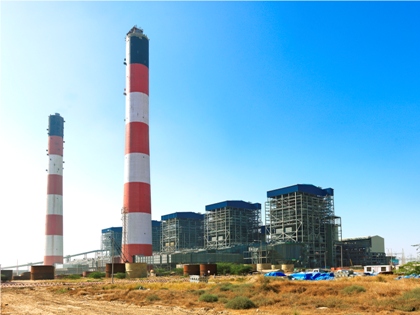The Supreme Court’s ruling of October 22 on the troubled power projects of the Tata, Adani and Essar business houses, is very significant. The apex court directed the Central Electricity Regulatory Commission (CERC) to decide on changes to the power purchase agreements of the three Gujarat-based power plants, within eight weeks.
All the three power projects are facing financial difficulties in honouring the tariffs envisaged in the PPAs. It may also be recalled that all these three projects are based on imported coal (largely from Indonesia) and the PPA-bound tariffs were based on long-term deals entered with Indonesian coal suppliers. However, in 2010, the Indonesian government declared that coal could not be exported out of the country at less than market rates. This caused steep escalation in coal procurement costs, which adversely affected the ability to sell power gainfully at tariffs committed in the PPAs.
The Supreme Court’s decision is fair to the three power producers as none of them had ever anticipated the unfortunate turn of events with respect to the Indonesian coal issue. Of course, the power purchasers (discoms of various states like Haryana, Gujarat, Maharashtra and Rajasthan) are going to be affected as they would not like to pay more than what has been legally contracted, and the Indonesian coal issue is certainly not their lookout.
It is also encouraging to see that the Supreme Court has also directed a consumer rights group to raise objections, if any, to potential amendments to the PPAs, before CERC.
Tariff-based competitive bidding (TBCB) is a very important aspect of power sector reforms. TBCB, as a culture, must be protected as it promises to bring much needed commercial efficiency in the power value chain. Recent history is replete with examples of how TBCB has resulted in incredulously low tariffs in the fields of conventional power generation, power transmission and even renewable energy. In any form of “regulated” environment, such tariffs would be unthinkable. Needless to say, it is the consumer that ultimately benefits from lower tariffs.
All the same, it is also expected that genuine concerns are addressed fairly. It is nobody’s interest to see the 4,000-mw Mundra power project of Tata Power—considered as amongst the most technically advanced power plants in India—generating financial losses alongside electricity. If the interests of power producers are not protected adequately and fairly, the TBCB culture will not find takers and can perish.
It is also worth looking at reworking the PPA framework. The country could perhaps benefit from shorter-term PPAs. In this current milieu of rapidly changing economic climates, both locally and globally, a legal agreement of a 25-year tenure appears anachronous.
In summary, it is only expected that the current imbroglio is not only resolved in the interest of all stakeholders but that it also promotes the TBCB culture and fortifies its policy framework.









